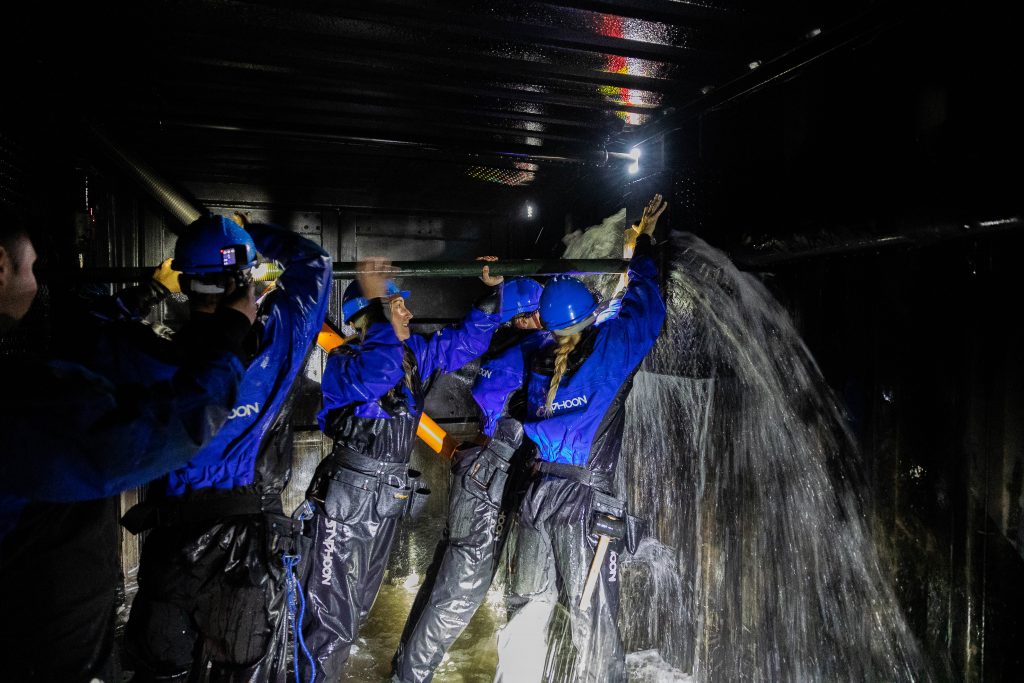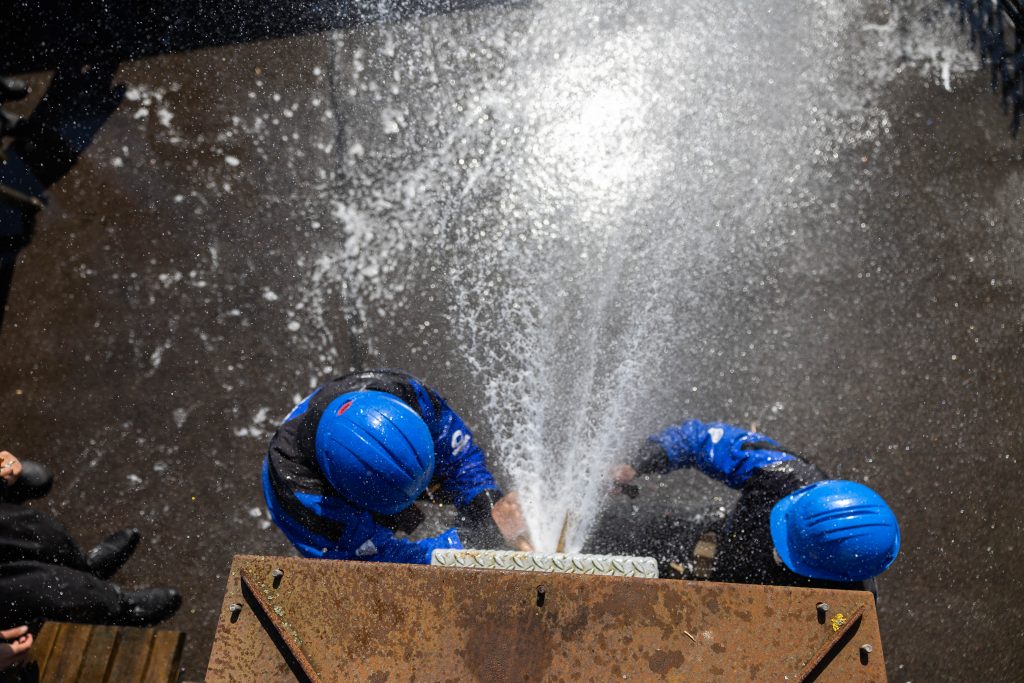Why Damage Control Training is Essential for Maritime Professionals
Working at sea comes with unique challenges and dangers that demand rigorous preparation. One of the most critical components of maritime training is damage control. This vital skill set enables crew members to act effectively in emergencies, potentially saving lives and protecting the ship and its cargo.
Let’s take a look at why damage control training is indispensable for maritime professionals by discussing how your crew can benefit from the course.
Safety of the Crew
At sea, the crew’s safety is paramount. Prompt action can mean the difference between life and death, whether it’s a fire outbreak, collision, or flooding due to a hull breach. Proper damage control training prepares crew members to react quickly, ensuring that they can stabilise dangerous situations and prevent hazards from escalating.
Preservation of the Vessel and Cargo with Damage Control Training
Ships are often loaded with valuable cargo, equipment, and machinery, all representing significant investments. Damage control training equips the crew with skills to contain and minimise damage, safeguarding the vessel and cargo. This is essential for preventing financial losses and maintaining the ship’s integrity for future voyages.

Damage Control Compliance with International Safety Standards
Most maritime organisations are governed by international standards, such as the International Maritime Organization (IMO) and the Safety of Life at Sea (SOLAS) Convention, which mandate damage control measures. Comprehensive training ensures that crews meet these standards, helping companies avoid penalties and maintain certifications.
Enhanced Confidence and Morale
Knowing how to handle emergencies boosts morale and confidence among your crew. A well-trained crew is more cohesive and resilient under pressure, leading to better decision-making during critical moments. Damage control training fosters a sense of readiness that empowers each team member, making them more effective in all aspects of their work.
Reducing Environmental Impact
When accidents occur at sea, the environment often bears the brunt of it. Spills and fires can lead to extensive ecological damage, affecting marine life and ecosystems. Trained crew are better equipped to contain such incidents quickly, minimising their environmental footprint and contributing to responsible maritime operations.

Mitigating Financial and Legal Risks with Damage Control Training
Emergencies at sea can lead to costly repairs, cargo loss, legal liabilities, and reputational damage. Damage control training prepares crews to manage and mitigate these risks, reducing the likelihood of prolonged incidents that may result in extensive financial loss and legal repercussions.
Boosting Teamwork and Communication
Damage control training requires impeccable coordination and communication between crew. Training fosters teamwork by helping members understand each other’s roles in emergencies, improving their ability to work together effectively. This unity is critical in high-pressure situations requiring quick and coordinated action.
Preparing for the Unpredictable
The open sea is an unpredictable environment where weather, mechanical failures, or unforeseen accidents can present sudden dangers. Damage control training ensures that crew members are prepared for any scenario, from fires to hull breaches. This reduces the element of surprise and allows the team to focus on response rather than panic.
Damage control training is not just about handling emergencies—it’s about creating a culture of preparedness and resilience among crew members. By investing in comprehensive training, maritime organisations demonstrate their commitment to safety, environmental responsibility, and operational excellence. For those who work at sea, this training is a lifeline that enables them to carry out their duties confidently and effectively, knowing they’re prepared for whatever challenges may arise.

Maritime Damage Control Training at the Maritime Skills Academy
To help your crew remain prepared for uncertain emergencies, the Maritime Skills Academy delivers Damage Control Training specifically designed to provide officers and crew with real-life experiences.
In addition to offering full-immersion training at our training centre in Dover, our experts can train crew in drydock with our portable equipment.
Ready to find out more and develop your crew’s skills? Read the full course details and enquire about training by clicking here.